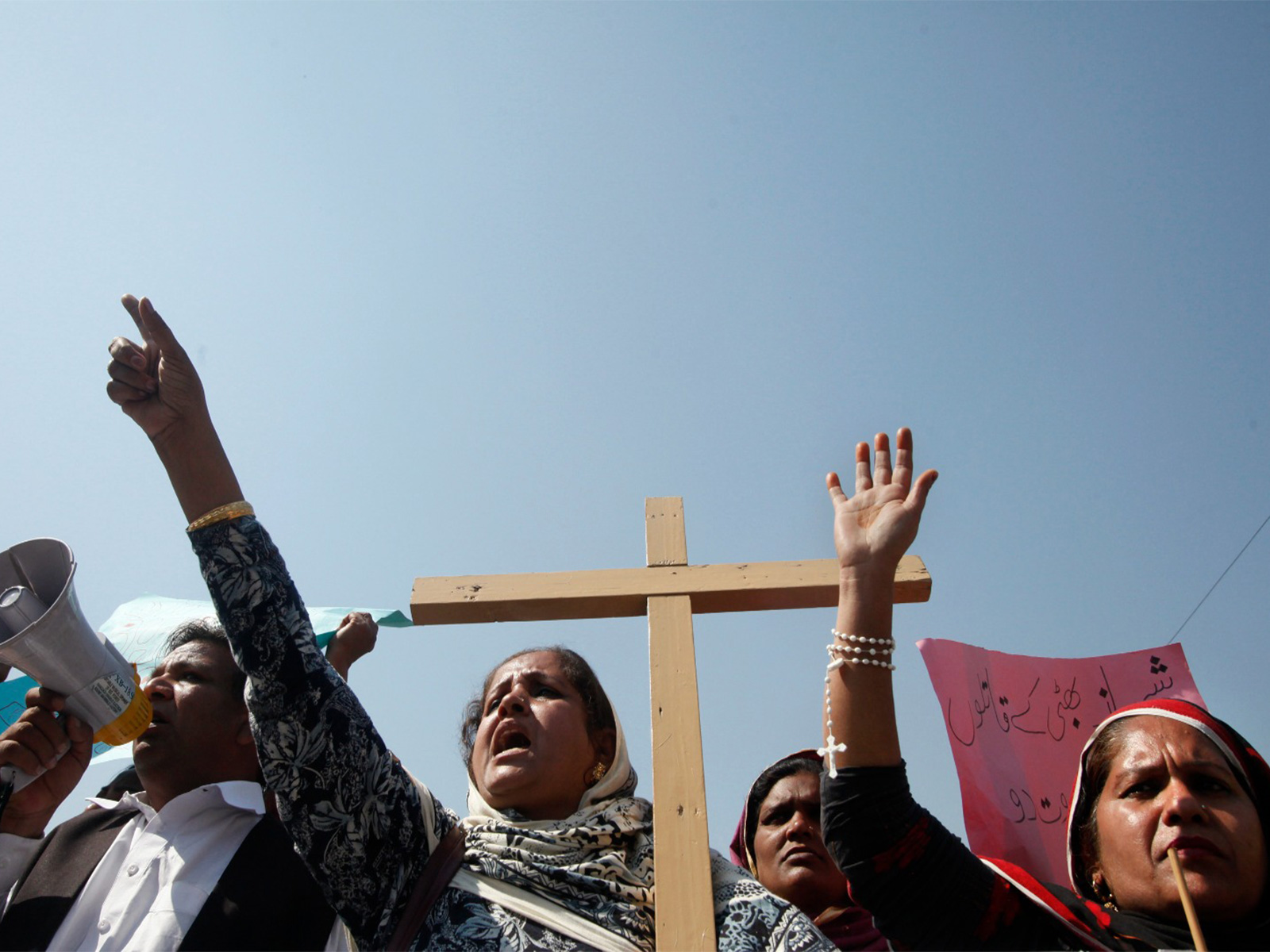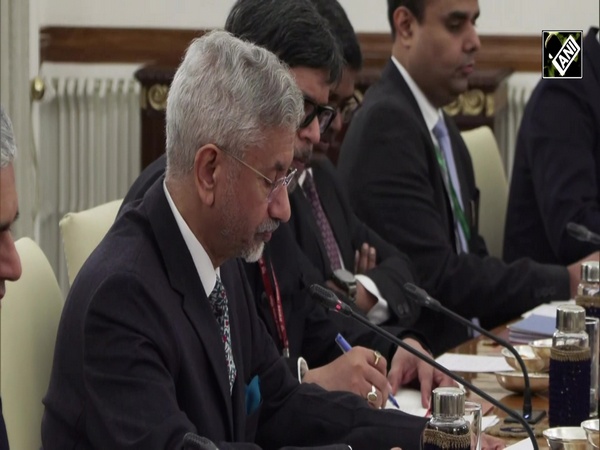Teleworking is not working for poor, young and women: IMF
Jul 09, 2020

Washington DC [USA], July 9 : Nearly 100 million workers in 35 advanced and emerging countries could be at high risk because they are unable to do their jobs remotely, the International Monetary Fund (IMF) has said.
This is equivalent to 15 per cent of their workforce on average.
"The COVID-19 pandemic is devastating labour markets across the world. Tens of millions of workers lost their jobs, millions more out of the labour force altogether and many occupations face an uncertain future," wrote Mariya Brussevich, Era Dabla Norris and Salma Khalid in an IMF blogpost released on Wednesday (local time).
Social distancing measures threaten jobs requiring physical presence at the workplace or face-to-face interactions. Those unable to work remotely unless deemed essential face a significantly higher risk of reductions in hours or pay, temporary furloughs or permanent layoffs, they said.
Not surprisingly, the costs have fallen most heavily on those who are least able to bear them: the poor and the young in the lowest-paid jobs.
The writers said they found significant differences across countries even for the same occupations. It is much easier to telework in Norway and Singapore than in Turkey, Chile, Mexico, Ecuador and Peru, simply because more than half the households in most emerging and developing countries do not even have a computer at home.
Overall, workers in food and accommodation, and wholesale and retail trade are the hardest hit for having the least teleworkable jobs at all. That means more than 20 million people who work in these sectors are at the highest risk of losing their jobs.
The pandemic is likely to change how work is done in many sectors. Consumers may rely more on e-commerce to the detriment of retail jobs; and may order more takeout, reducing the labour market for restaurant workers.
Governments can thus focus on assisting the affected workers and their families by broadening social insurance and safety nets to cushion against income and employment loss. Wage subsidies and public-works programmes can help them regain their livelihoods during the recovery, wrote the writers.
To reduce inequality and give people better prospects, governments need to strengthen education and training to better prepare workers for the jobs of the future. Life-long learning also means bolstering access to schooling and skills training to help workers displaced by economic shocks like COVID-19.
"This crisis has clearly shown that being able to get online was a crucial determinant to people's ability to continue engaging in the workplace. Investing in digital infrastructure and closing the digital divide will allow disadvantaged groups to participate meaningfully in the future economy," said the writers.



















